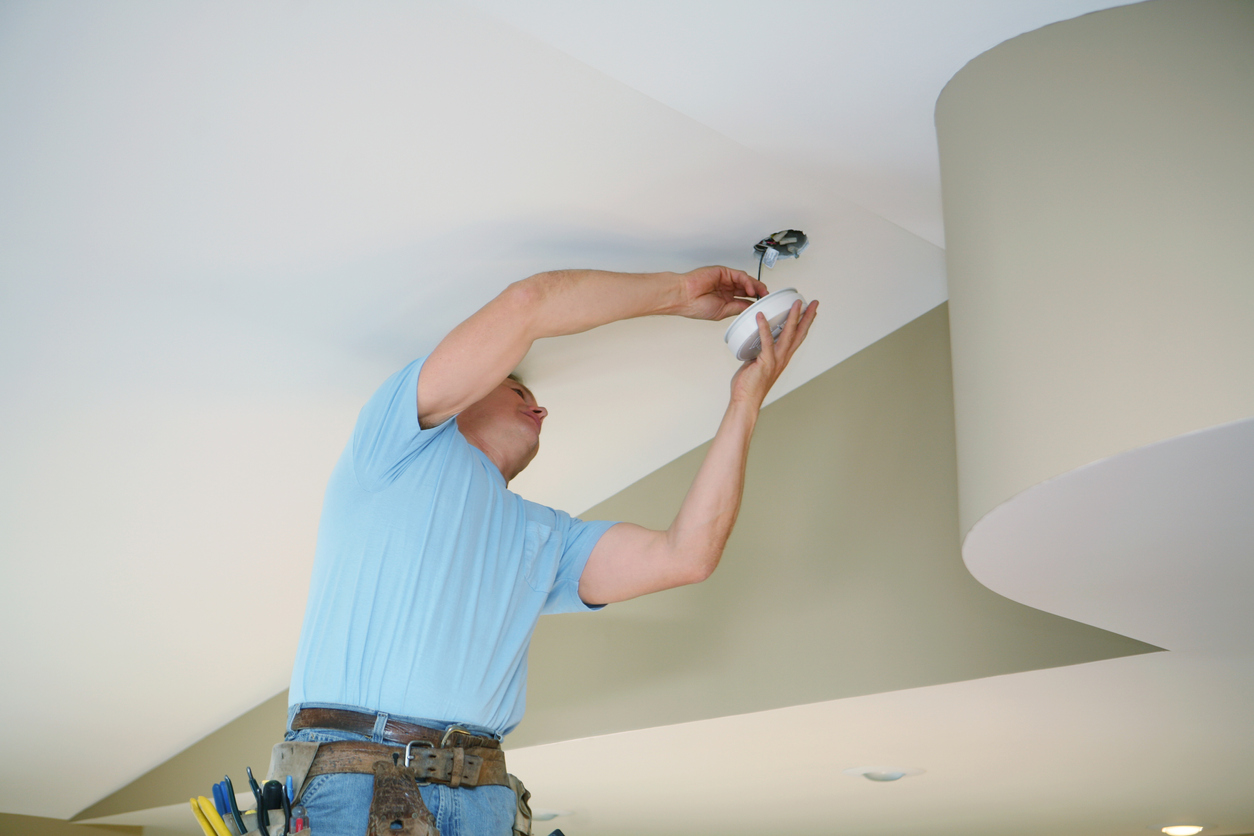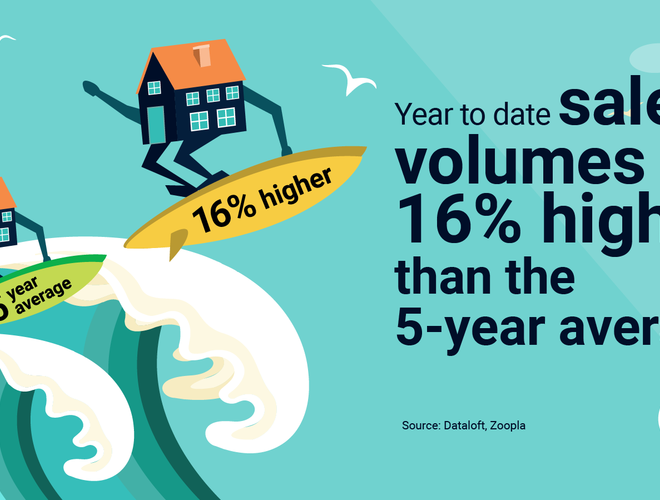This year the Government intends to forge ahead with its plans to reform lettings legislation, after delays that resulted from the Covid-19 pandemic. The proposed new laws will affect every type of rental, including HMO property, and will cover everything from the use of carbon monoxide detectors in rented property to landlord EPC requirements.

Preparing for the future
In the next twelve months, the Government plans to issue a white paper detailing the ways in which it intends to reform the rental market. Major changes include the proposed abolition of Section 21, plus greater enforcement against landlords with properties that don’t meet acceptable standards.
While it is safe to assume that changes in legislation won’t happen immediately, they could become law in just a few years.
Landlords should therefore start making plans to adapt their properties and letting processes, to be ready for the time when these new laws reach the statute books. If you are a buy-to-let investor, it’s also an opportunity to look out for properties that will meet the standards required by the new legislation.
An end to ‘no-fault’ evictions
Currently, at the end of a fixed-term tenancy (or during a periodic tenancy), landlords simply have to issue their tenants with a Section 21 Notice in order to regain possession of their rental property. The notice gives tenants a period of no less than two months to move out.

Under the proposed Renters Reform Bill, Section 21 of the Housing Act 1988 would be abolished. This means that landlords will need to regain possession of their property through the courts, or by taking part in a specialist tribunal.
The Bill will also aim to reform the Section 8 eviction process, altering the grounds for repossession and creating a fairer court system.
New rules on pet ownership
Currently landlords using the Government’s model tenancy agreement must allow pets by default and are only able to object if they provide ‘a valid reason’ within 28 days of a request.

However, further changes to the rules governing pets could be imminent. The Dogs and Domestic Animals Accommodation Protection Bill is expected to have a second reading in parliament shortly, and this could strengthen the rights of tenants who wish to keep a pet.
Changes to EPC requirements
In order to be legally let out, private rental properties in the UK must currently have a minimum rating of ‘E’ on their Energy Performance Certificate (EPC).
However, proposals are in place for this minimum rating to rise to ‘C’ in England and Wales by 2025. If your rental property’s EPC rating is a ‘D’ or ‘E’, this is the time to find out how you can make improvements before the new law comes into force.

The rules around carbon monoxide detectors are also changing, so landlords should be aware of the proposed new requirements. Currently, a carbon monoxide alarm must be fitted in every room where there is a solid fuel-burning appliance.
However, the Government is considering extending those rules to include any room used as living accommodation where there is a fire or gas boiler.
Helping landlords maintain higher standards
Proposals in the Bill will also encourage landlords to offer better quality accommodation to tenants. The aim is to improve standards, particularly around HMO management, as homes in multiple occupation can sometimes be of poor quality. A reliable lettings agent can help landlords maintain standards and ensure HMO licence requirements are met.
As trusted St Albans estate agents and letting agents, we make it a priority to stay up to date with the latest lettings legislation. If you have any questions about the lettings process or the implications of the Renters Reform Bill, we would be happy to advise you.
Simply get in touch with one of our friendly advisors.
Meanwhile, if you are looking for solid property investment in St Albans, why not browse our properties for sale or talk to our sales department?





